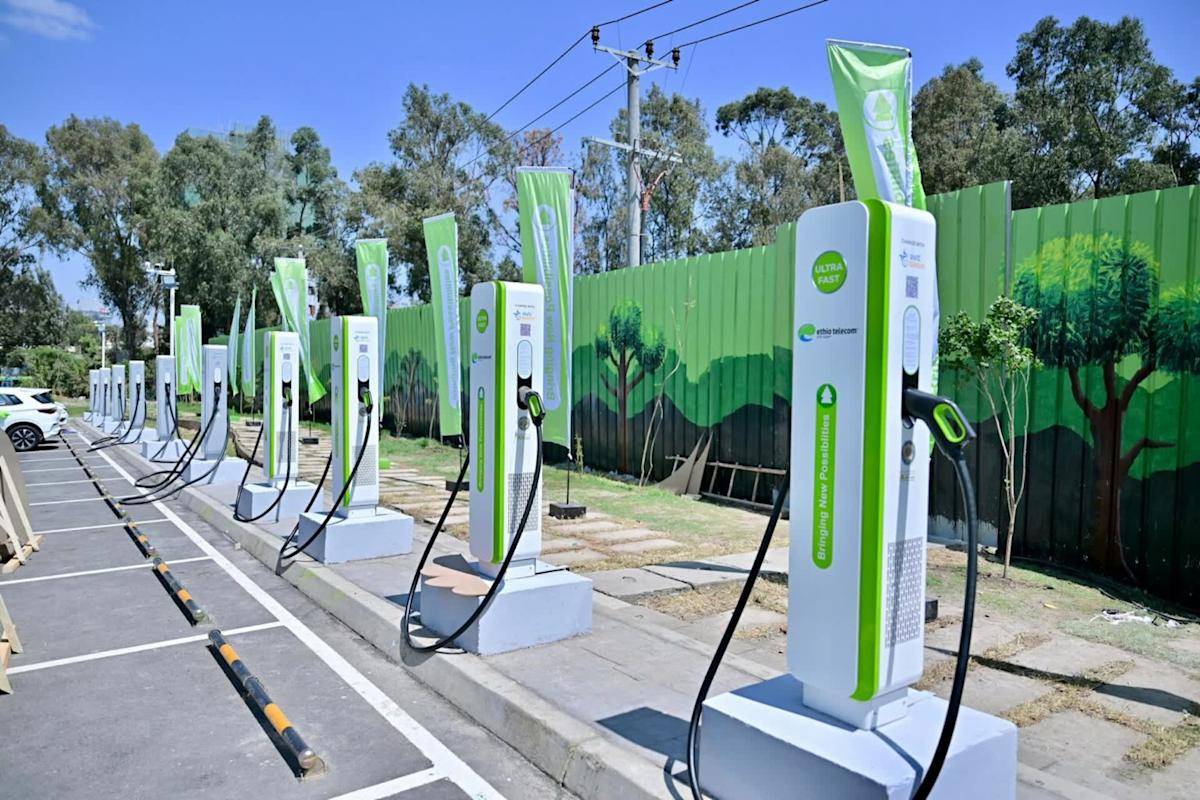Automotive Industry Transformation in 2024
In 2024, the automotive industry is witnessing a remarkable transformation, driven by disruptive technologies and innovations. This shift is not limited to traditional automotive players but involves newcomers and technology giants, changing the landscape of vehicle manufacturing, marketing, and usage.
Advanced Driver-Assistance and Autonomous Vehicles
Advanced driver-assistance systems (ADAS) and autonomous vehicles are at the forefront of this transformation. Autonomous driving, which involves AI, machine learning, and sophisticated sensor technologies, is revolutionizing how vehicles operate. Companies like Tesla and Waymo are leading this charge, with autonomous vehicles expected to grow significantly by 2040, reaching an estimated 33 million vehicles on the road. However, challenges such as regulatory hurdles and affordability continue to slow widespread adoption.
Rise of Connected Cars and 5G Technology
Another critical trend in 2024 is the rise of connected cars, driven by 5G technology. This allows for real-time data transmission, enhancing vehicle safety, efficiency, and entertainment. The global connected car market is projected to reach $56.3 billion by 2026, as vehicles become increasingly integrated with other systems.
Electric Vehicle (EV) Momentum
The electric vehicle (EV) revolution is also gaining momentum, driven by environmental concerns and government incentives. In the first half of 2024, EVs represented nearly 10% of all light vehicle sales in the U.S., with significant market share gains in states like Colorado and Hawaii. However, challenges such as supply chain reliability and battery production remain critical issues for industry growth.
Blockchain in Decentralized Mobility
Blockchain technology is emerging as a key player in decentralized mobility, potentially transforming car-sharing and payment systems. For instance, IBM and Ford are exploring blockchain for secure data sharing. This technology could offer a revolution in mobility services, making car usage more accessible and sustainable.
Societal Implications of Automotive Innovation
The automotive industry’s shift towards electric and autonomous vehicles is not just about technology; it has significant societal implications. It requires redefining business models, workforce training, and regulatory frameworks. For instance, the rise of mobility-as-a-service (MaaS) could alter how people consume transportation services, potentially reducing vehicle ownership and shifting the focus towards shared mobility.
Future Outlook
Looking forward, the future of automotive technology will continue to be shaped by innovation, sustainability, and regulatory adjustments. As vehicles become more connected and autonomous, questions of privacy, safety, and ethical use of data will become increasingly important. The industry must balance these technological advancements with societal needs, ensuring that innovations benefit everyone, not just those who can afford them.
Ultimately, this revolution in automotive technology will change not just how we drive but how we live and interact with our surroundings. For more insights on automotive innovation and future trends, visit Epochedge’s Technology section.










